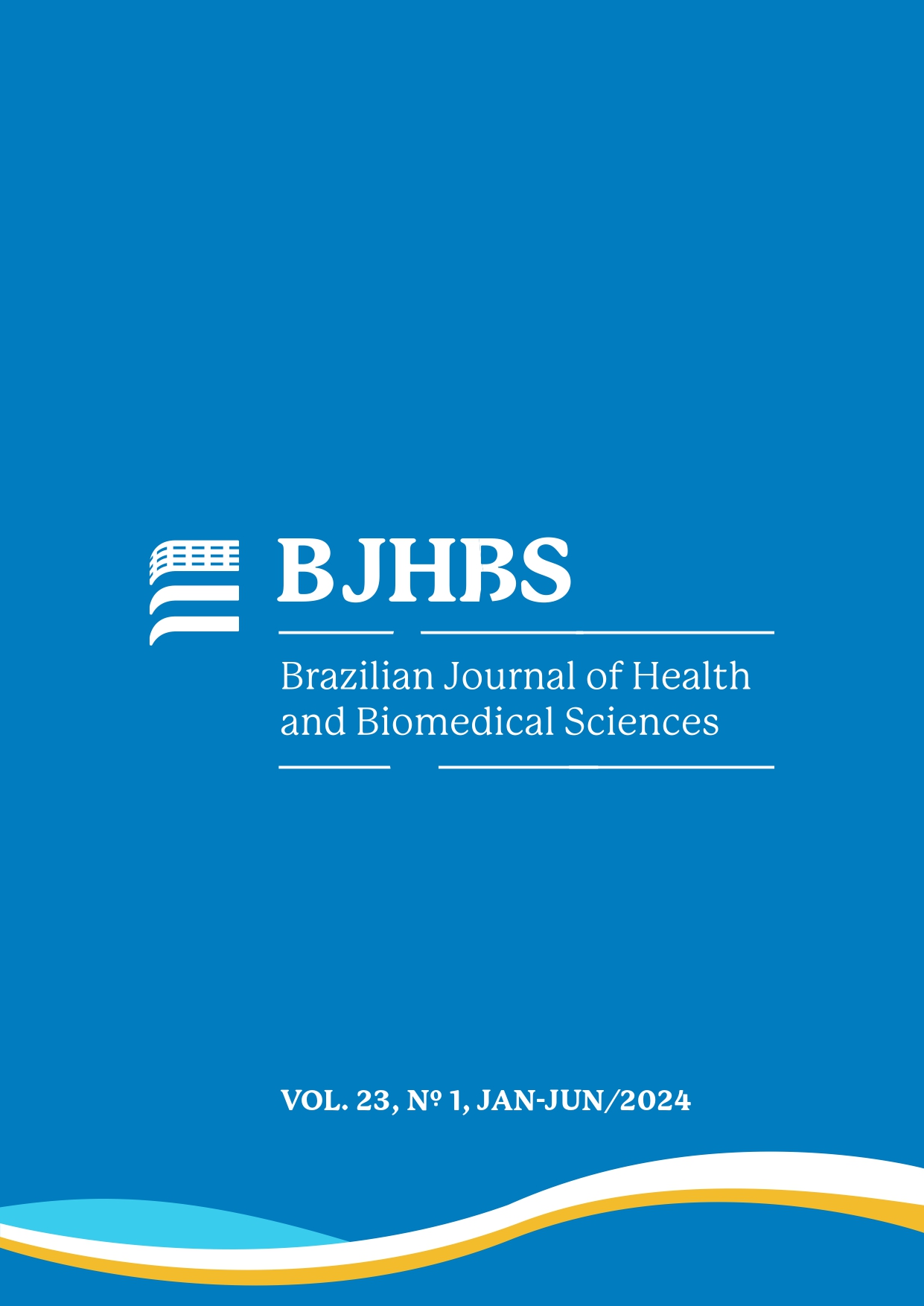A systematic review: nutritional status and the effect in autism spectrum disorder
DOI:
https://doi.org/10.12957/bjhbs.2024.85192Resumo
Autism spectrum disorder (ASD) is a neurodevelopmental disorder that includes deficits in social interaction, communication and behavior, whose exact cause remains unknown. Its symptoms, such as food selectivity, food refusal and resistance to new habits affect children´s ability to consume food. The aim of this study is to answer the following questions: Do children with ASD have a different nutritional and behavioral profile from neurotypical children? Are dietician interventions capable of bringing benefits in terms of improvements in behavior, communication and socialization status? The methodology used was a systematic review. The authors produced two guiding questions; defined keywords; researched for papers in databases; applied inclusion and exclusion criteria; and analyzed the data obtained from papers that answered the guiding questions. The results revealed 27 publications in the Pubmed, Lilacs, and Capes databases that included keywords cross-referenced between ASD and gluten free, eating behavior, casein-free, nutritional status, food selectivity, vitamin deficiency, nutritional strategy. An analysis of 16 papers in Pubmed, 6 papers in Lilacs and 5 papers in Capes showed that 33.3% of the works had been published in Brazil. Randomized clinical trials (RCT) and cross-sectional studies were the most used methodologies. The analysis concluded that non-nutritional interventions have been effective in modifying unsatisfactory behaviors. Also, a combination of dietary and social/behavioral interventions is effective in circumventing food selectivity, thereby improving food acceptance.
Downloads
Downloads
Publicado
Como Citar
Edição
Seção
Licença
Copyright (c) 2024 Brazilian Journal of Health and Biomedical Sciences

Este trabalho está licenciado sob uma licença Creative Commons Attribution-NonCommercial 4.0 International License.
Termo de transferência de direitos autorais/conflitos de interesses: após o aceite final do artigo para publicação, os autores deverão enviar o termo de transferência dos direitos assinados pelo autor principal representando cada um dos autores. Neste termo deverão ser declarados quaisquer conflitos de interesses.
